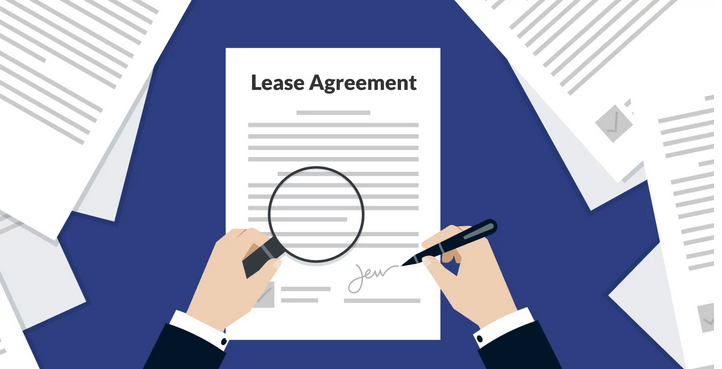
Avoiding Common Pitfalls: Creating airtight Connecticut Lease Agreements
Discussing a connecticut lease agreement could be a important step in securing a beneficial lease arrangement both for landlords and tenants. Here are some tips to take into account when discussing a hire contract:
1. Rent payments Value: Investigation lease price ranges in the region to make certain that the rent payments getting charged is reasonable and very competitive. Tenants can try and make a deal reduced hire or demand utilities to get within the hire, although property owners can warrant greater rents by offering extra services or services.
2. Rent Expression: Both parties must look into their demands regarding the rent phrase. Tenants may prefer quicker lease contract phrases for versatility, whilst landlords may prefer longer terms for steadiness. Make a deal a lease word that actually works for both events, contemplating elements such as job stability, real estate market tendencies, and private preferences.
3. Routine maintenance Obligations: Clarify upkeep responsibilities in the hire contract to prevent disputes at a later time. Property owners should establish which maintenance tasks they will deal with and that are the tenant’s duty. Renters can discuss for landlords to cover specific upkeep costs or even to provide prompt repairs when needed.
4. Stability Downpayment: Discuss the volume of the security downpayment and then any situations because of its give back. Tenants can demand a lesser safety downpayment or request a repayment schedule if the upfront cost is prohibitive. Property owners can describe certain conditions under that the stability put in may be withheld, protecting their expense.
5. Pet Policy: If household pets are allowed, work out the regards to the dog plan, such as pet deposits, pet rent payments, as well as any limits on particular breed of dog or dimensions. Tenants with household pets can offer to cover additional fees or say yes to dog-connected clauses, for example specialist washing with transfer-out.
6. Subleasing: Look at regardless of whether subleasing is going to be permitted and under what conditions. Landlords may prohibit subleasing altogether or require approval before permitting renters to sublease. Renters can negotiate for further versatility in subleasing plans as needed.
7. Earlier Termination: Discuss the phrases for early on lease contract termination, for example penalties or recognize times needed. Both parties should agree with the situations under that the lease may be terminated earlier in order to avoid misunderstandings and disagreements.
8. Revival Choices: Discuss revival alternatives and rent increases upfront in order to avoid surprises at the conclusion of the hire expression. Renters may discuss for resolved rent raises or the option to renew the lease for the more word in the identical rent.
9. Authorized Overview: Look at obtaining the rent agreement reviewed by way of a legitimate skilled prior to signing to ensure that it complies with all applicable regulations.
Following these tips and discussing in excellent religious beliefs, equally landlords and tenants can attain a lease agreement that meets their demands and fosters a good rental experience in Connecticut.


